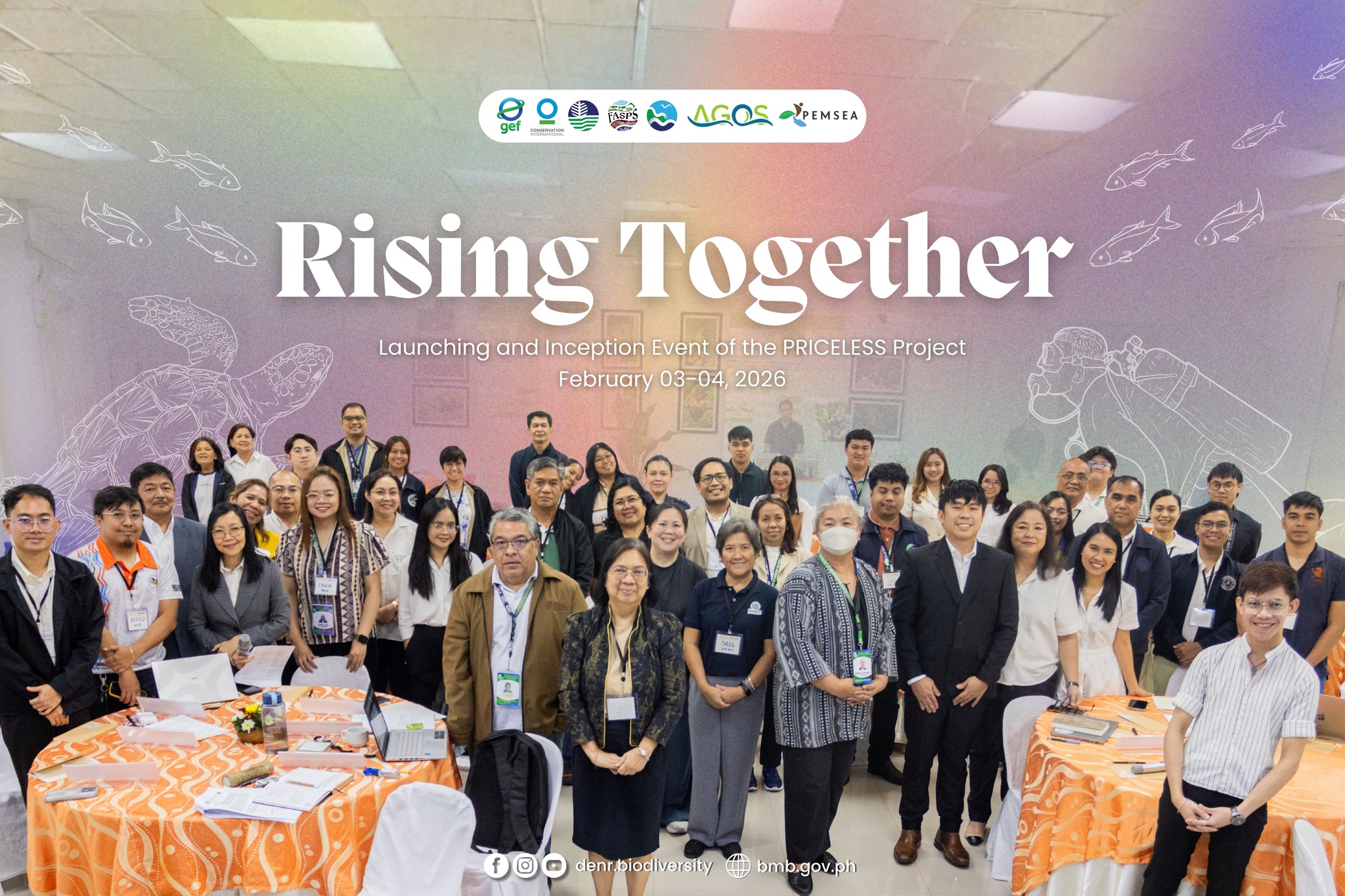Vietnam for Development of Environmental Facilities and Services
Wednesday, 23 January 2008

Hanoi, Viet Nam — The Training Workshop on Financing Sustainable Environmental Projects through Public–Private Partnership was held at Fortuna Hotel in Hanoi, Viet Nam, on 27-29 June. Sixty participants from 17 coastal provinces, concerned ministries, state-owned waste management companies and financing institutions attended the workshop. The workshop was co-organized by PEMSEA, the United Nations Environment Programme/Global Programme of Action (UNEP/GPA) and the Vietnam Environment Protection Agency (VEPA), specifically the Integrated River Basin, Coastal and Marine Management Division.
The workshop gave the participants an understanding of the essential ingredients for planning and developing environmental facilities and services and the advantages of public-private partnerships.Group exercises, open forums, presentations of case studies, panel discussions and a field trip were conducted to enhance the learning process. The group exercises and discussions indicated that reforms and changes should address problems of capacity, transparency, penalties for violations of environment-related laws, investment incentives, access to financing, revenue generation, and binding legal agreements that fairly allocate risks between the public and private parties. Case studies drawn from existing projects/programs of selected provinces (Danang, Ha Tay and Quang Ninh) were presented to highlight best practices, lessons learned, and the benefits from the partnership between the public and private sectors.A field trip on 29 June included a visit to Ha Tay province, where a solid waste management system is being implemented through partnership between the province, URENCO (a state-owned company) and Seraphin Green Environment Company (a private operating company). URENCO is responsible for solid waste collection and transportation. Seraphin is responsible for the operation and management of the solid waste management facilities (sorting, composting and recycling), and sale of recycled materials and compost fertilizer.The workshop concluded that in order to promote and accelerate environmental investments through PPP, there is a need to develop demonstration projects. Taking up the challenge, some provinces showed interest in developing environmental improvement infrastructure projects and opportunities for PPP.




